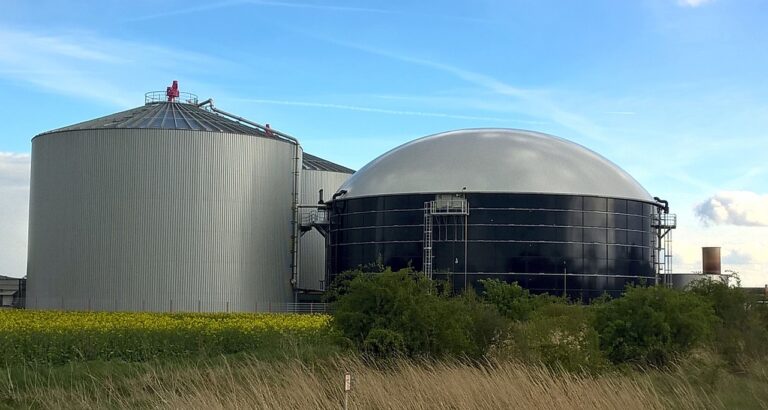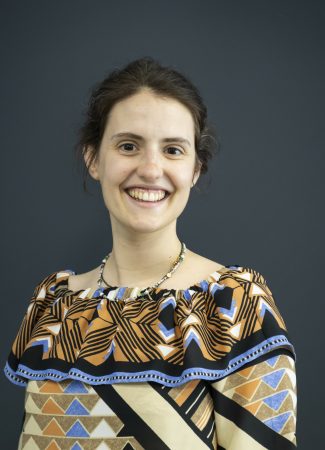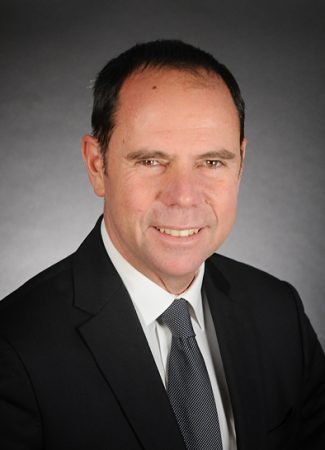As the climax of a year which saw Brexit and the growing mistrust in member countries towards an organisation which is felt to be evermore intrusive, the European Commission stayed firmly on track, with no sign of any inferiority complex, when publishing its 6000-plus page Winter Package on 30/11/2017, focused on energy transition (4th Energy Package since 1996)! It consists of a series of documents (Decisions, Regulations, Draft Directives, Guidelines, impact studies, etc.) published under the title of:
Clean energy for all Europeans – Unlocking Europe’s growth potential
With the ambitious aim of:
Reducing CO2 emissions by at least 40% by 2030, while modernising the EU’s economy and creating jobs and growth for all European citizens
With a “European resolution proposal” from the Senate (16/02/2017) and an “Information report on the new organisation of the electricity market for the 4th Energy package” from the National Assembly (23/02/2017), the debate is well underway.
And so what if in the end, the positive proposals for energy, the economy and growth in the European Union should come from the Commission? There are many sceptics! We are offering a far from complete review of the contents of this package, the proposals it makes and the discussions taking place.
What does the package contain?
All the documents are available at the following address:
There are 86 documents available at this webpage (not including translations), representing 37 texts, of very varied types and importance, including eight major legislative proposals, subject to the joint decision procedure (European Parliament and Council of the EU), which form the body of this fourth package the Commission has produced since 1996:
- Regulation of the European Parliament and of the Council on the internal market for electricity (revision);
- Directive of the European Parliament and of the Council on common rules for the internal market in electricity(revision);
- Regulation of the European Parliament and of the Council, establishing a European Union Agency for the cooperation of energy regulators (recast);
- Regulation on risk preparedness in the electricity sector (new);
- Directive on energy efficiency (revision);
- Directive on buildings energy performance (revision);
- Directive on renewable energy sources (revision);
- Ruling on EU energy governance (new).
(Documents shown in bold are of particular interest to our readers).
Let’s summarise the main measures
(This summary is not intended to be complete)
- Renewable energy sources
- The goals for 2030 are: share of renewables in energy 27% (globally across the EU), share of renewables in electricity 50%.
- Expansion of available calls to tender and compensation payments.
- Implementation of technically neutral calls to tender.
- As regards heating (and cooling), promotion of policies to increase the renewables contribution by 1% a year, and provide conditional access to grids for renewable energy producers.
- Limitations on first-generation bio-fuels.
- The source guarantee system is made more coherent: it is also extended to non-renewable electricity production (nuclear, cogeneration, etc.) and to gas.
- Promotion of self-generation.
- Energy efficiency
- The aim is to reduce consumption by 30% (15% during the period 2020-2030). We note that industries subject to ETS may be excluded from the calculation, as well as from home consumption of renewable energy.
- Organisation of the electricity market: New market design
- Priority given to the consumer and the internal market.
- The main innovations relate to:
- Strengthening short-term markets
- Removal of price cap
- Strengthening market-based dispatching rules
- Strengthening the contribution from demand (load shedding)
- Disappearance of regulated and social tariffs
- Dynamic supply obligatory
- Restriction on the role of grids in storage
- Although this project restates trust in the market (energy only), as regards security of supply, it also recognises the possibility of the capacity mechanism. These mechanisms will however be strictly controlled, and must take account of cross-border availability, justifying their need (regional security analysis) in order to be considered compatible with guidelines relating to State aid.
- Creation of regional operational centres: ROCs for network managers
- Strengthening supra-national regulation (New prerogatives given to ACER)
So where does the debate crystallise?
With the Commission, which confirms it is moving fast with this package (Vice-president responsible for the Energy Union, Maros Sefcovic, announced on 1st February that he was planning for the legislative process to be launched on all texts by the end of 2017), the participants have quickly crystallised the debate on a number of points:
- A tendency to greater intrusion, sometimes overturning the principles of subsidiarity and proportionality
- Possible jeopardy for the capacity mechanism (Senate, National Assembly, UFE).
- Significant changes to ACER’s areas of competence: Unspoken and unwarranted slippage towards the setting up of a European regulator (National Assembly)
- Creation of Regional Operational Centres (ROC), jeopardising the subsidiarity principle (RTE, National Assembly, UFE)
- Planned disappearance of regulated and social tariffs (National Assembly)
- Failure to recognise nuclear as the technology that contributes to the decarbonisation of electricity (Senate)
- Failure to mention a cap on CO2 price or carbon tax (RTE, Senate)
- Jeopardising compensation to suppliers by load shedding operators (CRE, National Assembly)
- Storage limitations too strict (RTE, National Assembly)
- Promotion of technological neutrality for renewables (Renewable Energies Syndicate, DGEC, RTE)
- Cap on first-generation bio-fuels (Renewable Energies Syndicate, sector members such as the Avril group)
It is clearly too soon for final decisions on these proposals, and as a provisional conclusion, we also want to paraphrase the European Business Commission of the National Assembly, in its report on 23 February 2017:
“Generally positive, but sometimes intrusive proposals” so “stay vigilant”!
Philippe Boulanger







